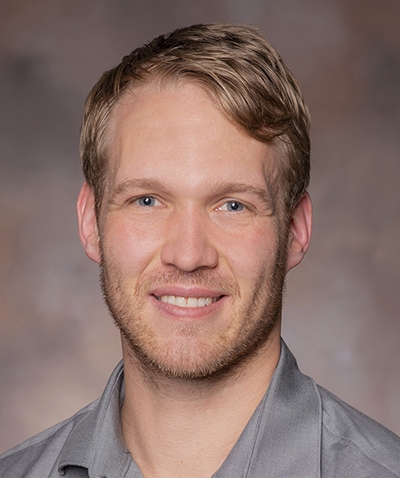 As we enter autumn, Tucsonans prepare for the annual migration of Snowbirds to Arizona. Despite a noticeable reduction in those migrating South to avoid colder weather during the pandemic, it is expected that these numbers will continue to increase to pre-pandemic levels. Although not all fleeing colder climes are older, most are between the ages of 50 and 69. As the average age of Tucson increases for the next six months, we will likely have more contact with older adults and opportunities to battle ageism in our personal and professional lives.
As we enter autumn, Tucsonans prepare for the annual migration of Snowbirds to Arizona. Despite a noticeable reduction in those migrating South to avoid colder weather during the pandemic, it is expected that these numbers will continue to increase to pre-pandemic levels. Although not all fleeing colder climes are older, most are between the ages of 50 and 69. As the average age of Tucson increases for the next six months, we will likely have more contact with older adults and opportunities to battle ageism in our personal and professional lives.
Ageism is defined by the World Health Organization as prejudice, discrimination, and stereotypes towards people because of their age. Ageism is pervasive in society from skin cream advertisements to social media labeling of “boomers.” Ageism is often an underrepresented topic when compared to other discussions of prejudice. It is also noted by various organizations (APA) to be one of the least objectionable of the current range of prejudices and widely normalized in our society.
Due to widespread bias towards older persons in our culture, it is likely that we all experience the negative effects of ageism on ourselves, patients, family members and peers. The negative effects of ageism are often internalized by older persons and may precipitate and worsen episodes of both mental and physical illness. Often because of internalized ageism, many older adults do not push back against ageism. Please don’t shy away from asking how ageing is affecting your patients. It has been clear in my work as a geriatric psychiatrist that when an older person struggles with the difficulties of ageing are discussed, it sometimes leads to improvement in their psychiatric conditions. While may not be able to make large changes in the attitudes within our culture, we can affect our local culture and we can help those who seek our help to work through the effects of both ageing and ageism.
I remind you to be courteous and conscious of both explicit and implicit ageism in your work with older adults. Let’s keep Tucson kind and healthy for all of our community.
Oct. 1-10 is the International Psychogeriatric Association’s Older Adult Mental Health Awareness Week, which will highlight issues specific to this population as well as promote healthy aging initiatives.

